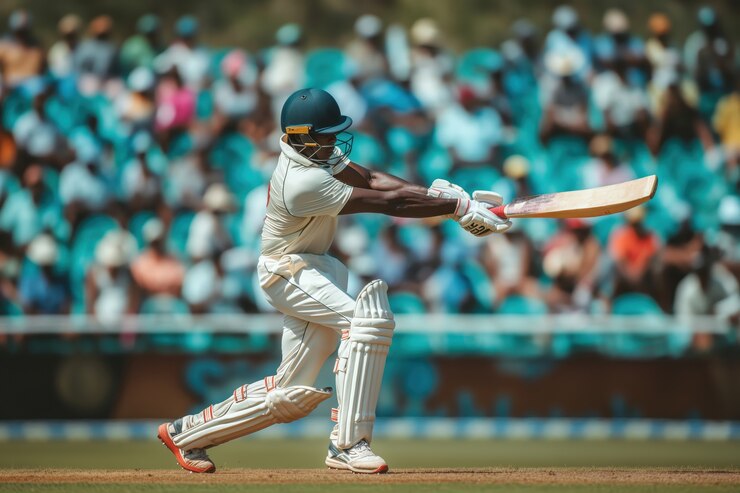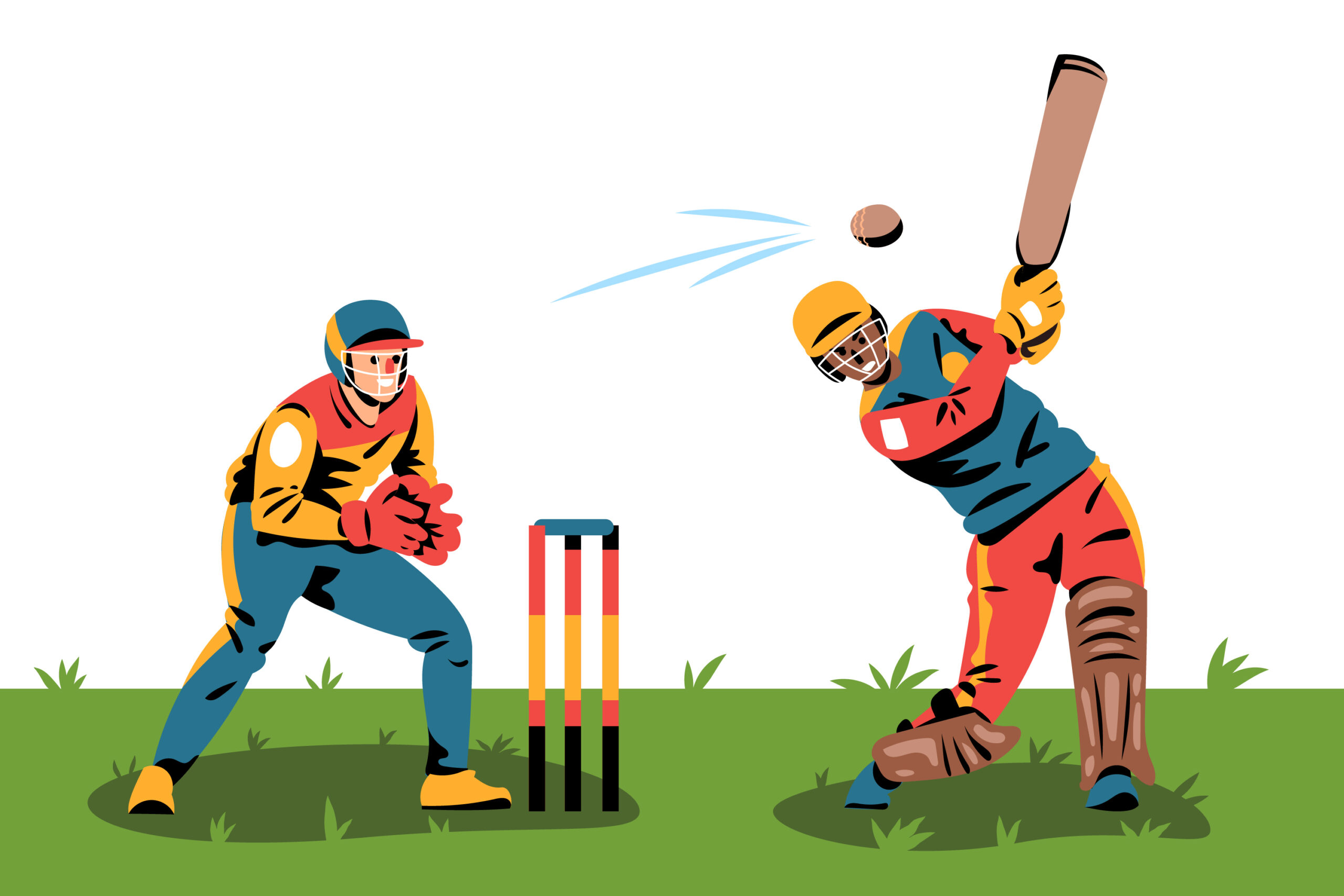On Jul 12, 2024, the Supreme Court upheld the issuance of a sports gradation certificate to a shooter, enabling him to pursue a five-year law degree course. With a touch of humour, the court advised, “At least become a good lawyer now. And do not use a rifle when you practise law.”
The comments came from a bench of justices Bhushan R. Gavai and K.V. Viswanathan as they refused to interfere with the Punjab and Haryana High Court’s decision, which declared the denial of a sports gradation certificate to Manraj Singh Chatha as “unjust, unfair, arbitrary, and irrational.”
The bench upheld the high court’s June judgment granting relief to Chatha but clarified that this judgment would not serve as a judicial precedent.
Chatha had approached the high court after being denied a sports graduation certificate solely because he was not a student of a school or college recognized by the Chandigarh Administration and located within the Union Territory.
In June, a vacation bench of the high court directed the UT Department of Sports to issue the necessary sports gradation certificate to Chatha within three days, enabling him to secure admission to a five-year integrated law course at Panjab University.
The high court observed that the denial of the certificate was solely based on Chatha not having studied in a Chandigarh-recognized institution, despite representing the Chandigarh Rifle Association at state and national levels. It further noted that the denial was based on an arbitrary policy that unfairly penalized Chatha for studying in Mohali while representing Chandigarh in sports competitions.
Arguing for the UT’s appeal before the bench, Additional Solicitor General Aishwarya Bhati stated that their policy was intended to cover only students who study in schools and colleges recognized by the UT Administration and situated in Chandigarh, and who had studied there regularly for at least two years.
“We are not against this student or any other student, nor are we doubting the capabilities of the present petitioner. But our policy does not cover him, and if the high court judgment is held to be correct, it will frustrate the objective and purpose of the policy,” Bhati argued.
However, the bench replied that, in the facts of the case, the benefits of the certificate ought to be ensured to Chatha, even though the judgment may not set a precedent for others to follow.
The court then recorded in its order: “We are not inclined to interfere in the present facts of the case, but we clarify that the high court order will not be used as a precedent in any other case.”
As Chatha’s lawyer thanked the court, the bench quipped: “At least become a good lawyer now. And do not use a rifle when you practise law.”
















